
Masoala National Park: Madagascar's Untouched Wilderness
Masoala National Park, located in the northeastern part of Madagascar, is a true gem for nature enthusiasts and adventure seekers. Covering an area of over 2,300 square kilometers, the park is the largest protected area in Madagascar and boasts a rich biodiversity that is unparalleled. The park is a haven for wildlife, including the endangered red-ruffed lemur, the elusive aye-aye, and the vibrant chameleon species. Bird watchers will be delighted by the presence of rare species such as the Madagascar serpent eagle and the helmet vanga. The park is not just about wildlife; it also offers a variety of landscapes. From dense rainforests to pristine coastal areas, the scenery is breathtaking. The marine part of the park includes coral reefs and mangroves, making it a perfect spot for snorkeling and diving. The crystal-clear waters are home to an array of marine life, including colorful fish and sea turtles. For the adventurous, there are numerous hiking trails that take you through the heart of the rainforest. Guided tours are available, and local guides can provide invaluable insights into the flora and fauna of the park. Whether you are trekking through the jungle, exploring the coastline, or diving underwater, Masoala National Park promises an unforgettable experience.
Local tips in Masoala National Park
- Hire a local guide to get the most out of your visit; they have invaluable knowledge about the park's flora and fauna.
- Bring sturdy hiking boots and rain gear, as the park's trails can be challenging and weather conditions unpredictable.
- Plan your visit during the dry season (April to November) for the best weather and trail conditions.
- Don't forget your snorkeling gear to explore the park's rich marine life.
- Carry insect repellent and sun protection to stay comfortable while exploring the park.
Masoala National Park: Madagascar's Untouched Wilderness
Masoala National Park, located in the northeastern part of Madagascar, is a true gem for nature enthusiasts and adventure seekers. Covering an area of over 2,300 square kilometers, the park is the largest protected area in Madagascar and boasts a rich biodiversity that is unparalleled. The park is a haven for wildlife, including the endangered red-ruffed lemur, the elusive aye-aye, and the vibrant chameleon species. Bird watchers will be delighted by the presence of rare species such as the Madagascar serpent eagle and the helmet vanga. The park is not just about wildlife; it also offers a variety of landscapes. From dense rainforests to pristine coastal areas, the scenery is breathtaking. The marine part of the park includes coral reefs and mangroves, making it a perfect spot for snorkeling and diving. The crystal-clear waters are home to an array of marine life, including colorful fish and sea turtles. For the adventurous, there are numerous hiking trails that take you through the heart of the rainforest. Guided tours are available, and local guides can provide invaluable insights into the flora and fauna of the park. Whether you are trekking through the jungle, exploring the coastline, or diving underwater, Masoala National Park promises an unforgettable experience.
When is the best time to go to Masoala National Park?
Iconic landmarks you can’t miss
Isalo National Park
Explore Isalo National Park, Madagascar's breathtaking landscapes filled with unique rock formations, diverse wildlife, and rich cultural heritage.
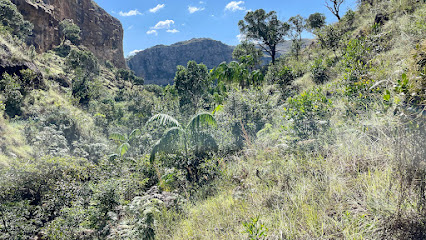
Réserve spéciale d'Analamazoatra
Explore the breathtaking Analamazoatra Special Reserve in Madagascar, home to unique wildlife and stunning natural beauty.
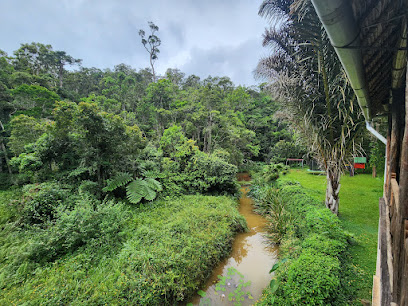
Andasibe-Mantadia National Park
Explore the breathtaking Andasibe-Mantadia National Park, a haven for wildlife lovers and nature enthusiasts in Madagascar, filled with lush landscapes and unique species.
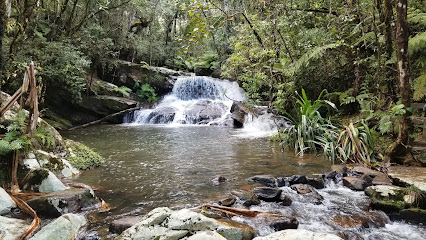
Tsingy De Bemaraha National Park
Explore the stunning limestone formations and unique biodiversity of Tsingy De Bemaraha National Park, Madagascar's breathtaking natural wonder.
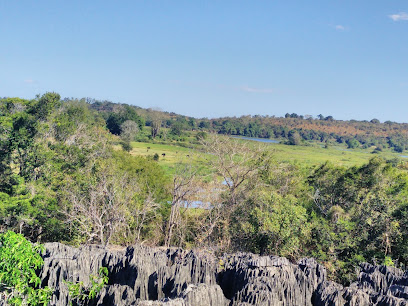
Masoala Forest Lodge
Discover the tranquil beauty of Masoala Forest Lodge, your eco-friendly retreat in Madagascar's lush national park, where luxury meets nature.

Réserve spéciale d'Andranomena
Explore the vibrant ecosystems and unique wildlife of Réserve Spéciale d'Andranomena, Madagascar's hidden nature paradise.
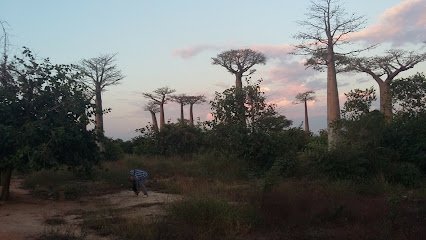
Zahamena National Park
Explore Zahamena National Park, a stunning national park in Madagascar rich in biodiversity and breathtaking landscapes ideal for nature lovers and adventurers.
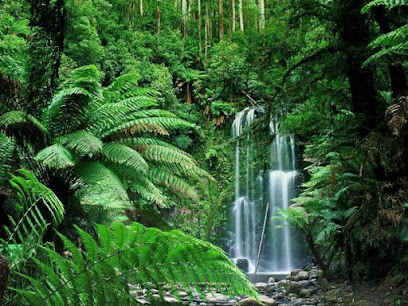
Marojejy National Park
Discover the breathtaking landscapes and rich biodiversity of Marojejy National Park, a must-visit destination for nature lovers and adventure seekers in Madagascar.
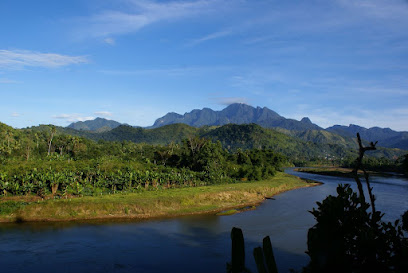
Saikanosin' Masoala
Experience the breathtaking landscapes and rich biodiversity of Saikanosin' Masoala, Madagascar's stunning peninsula and wildlife haven.

Makira Natural Park
Discover the rich biodiversity and stunning landscapes of Makira Natural Park, Madagascar's hidden paradise for eco-tourists and nature lovers.

Masoala Nature Guide
Experience the unparalleled biodiversity of Madagascar at Masoala Nature Guide, your gateway to the stunning Masoala National Park.
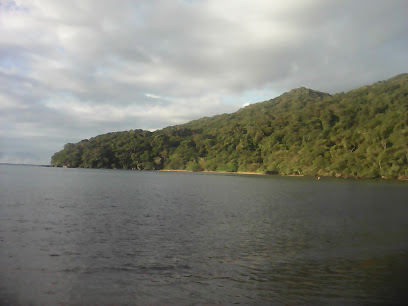
Unmissable attractions to see
Riserva speciale di Anjanaharibe Sud
Explore the breathtaking biodiversity of Riserva Speciale di Anjanaharibe Sud, a nature lover's paradise in Madagascar's enchanting rainforest.
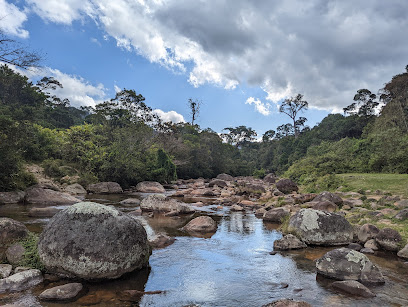
Marojejy National Park
Explore Marojejy National Park: Madagascar's breathtaking national park with diverse wildlife and stunning landscapes, a paradise for nature lovers and adventure seekers.
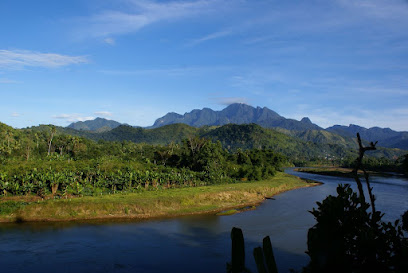
Antalaha
Explore the enchanting coastal town of Antalaha in Madagascar, where stunning beaches meet rich culture and adventure awaits at every corner.

Macolline
Experience the breathtaking landscapes and diverse wildlife of Macolline National Park, Madagascar's natural wonder that captures the essence of adventure.

Parc national de Mananara-Nord
Explore the diverse ecosystems and natural wonders of Parc National de Mananara-Nord in Madagascar, a haven for adventure and nature enthusiasts.
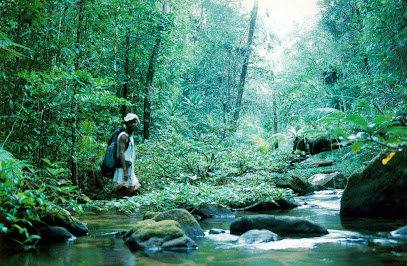
Famolankely
Explore Famolankely, Madagascar: A breathtaking hiking area filled with stunning trails, lush landscapes, and incredible wildlife waiting to be discovered.
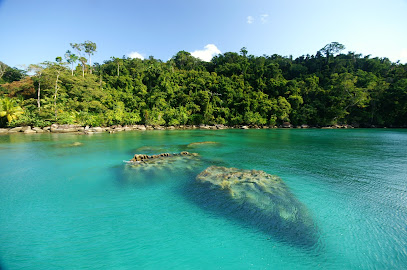
Beach of antalaha
Experience the serene beauty of Antalaha Beach, a hidden gem on Madagascar's coast offering tranquil shores and vibrant local culture.

ANKIAKAHELY
Experience the natural beauty and vibrant culture at ANKIAKAHELY, a hidden gem in Sahantiva, Madagascar, perfect for nature lovers and cultural enthusiasts.

Nosy Mangabe
Explore the natural wonders of Nosy Mangabe, Madagascar's hidden gem known for its lush forests and diverse wildlife.
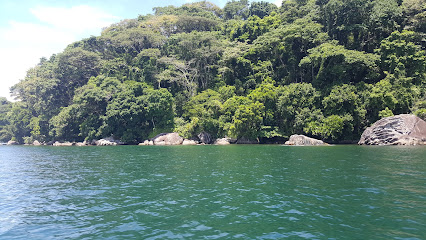
lagon de Masoala
Explore the stunning natural beauty and vibrant biodiversity of Lagon de Masoala, Madagascar's hidden tropical paradise for nature lovers.
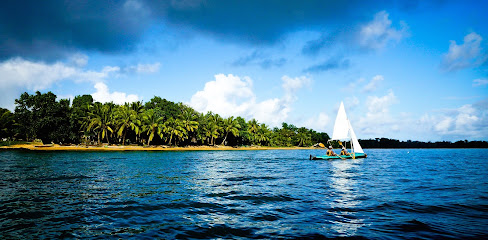
Ambinagn'ny Andranakoho
Explore Ambinagn'ny Andranakoho: A Hiking Paradise in Antalaha, Madagascar with Lush Landscapes and Stunning Ocean Views.

Ambodilaitry, Madagascar
Explore Ambodilaitry, Madagascar - a hidden gem where pristine nature meets rich culture on the Masoala Peninsula.
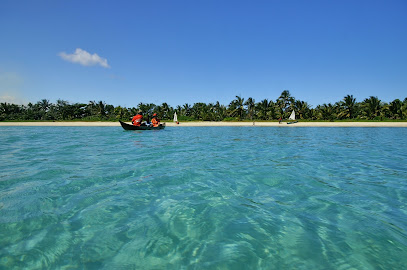
Masoala Travel guide
Explore the breathtaking landscapes of Masoala National Park in Madagascar, where adventure and wildlife await in a truly unique ecosystem.
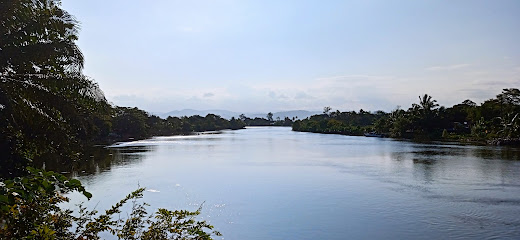
cap Baldrisy
Experience the breathtaking coastal views and rich biodiversity at Cap Baldrisy, a hidden gem in Masoala, Madagascar.
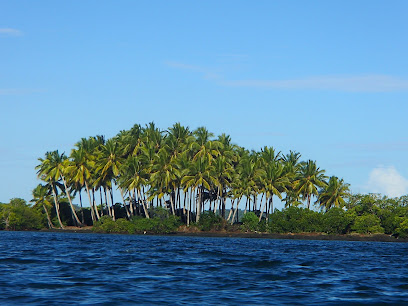
Mango Island
Experience the untouched natural beauty and vibrant culture of Mango Island, a hidden gem in Madagascar perfect for adventurous travelers.

Essential places to dine
Sakamanga Hôtel
Discover the charm of Antananarivo at Sakamanga Hôtel - where comfort meets Malagasy culture in a vibrant setting.
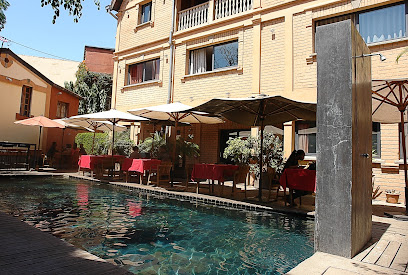
Le Carnivore - Restaurant Bar Lounge
Discover the flavors of Madagascar at Le Carnivore - Restaurant Bar Lounge in Antananarivo; where exquisite cuisine meets vibrant atmosphere.
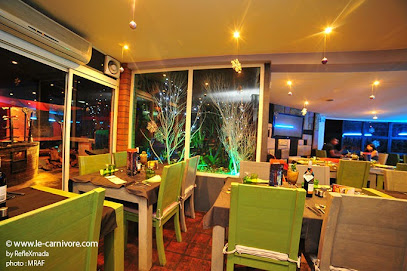
Zandina
Experience the vibrant flavors of Madagascar at Zandina - where local meets international in a cozy dining atmosphere.
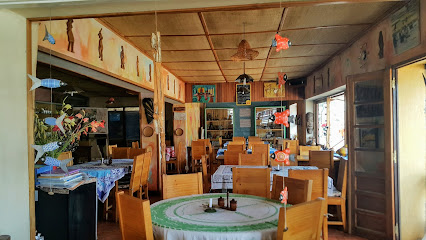
Marais Restaurant Madagascar
Experience the finest Haute French cuisine with stunning views at Marais Restaurant Madagascar in Antananarivo.
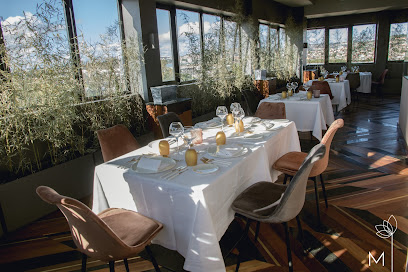
Sakamanga Restaurant
Discover the exquisite flavors of Europe at Sakamanga Restaurant in Antananarivo – where culinary excellence meets local charm.
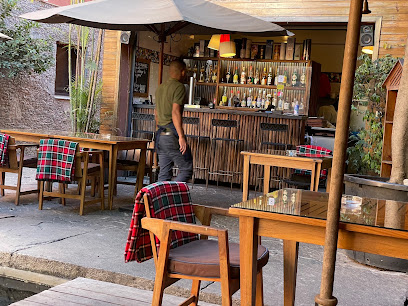
L'ORION RESTAURANT
Experience authentic Malagasy cuisine at L'ORION RESTAURANT in Antananarivo - where flavor meets tradition.
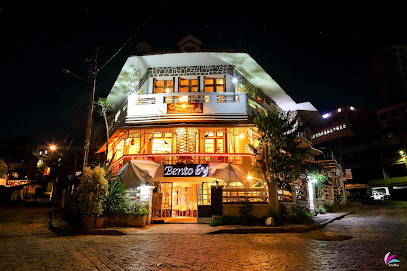
Pily Pily Restaurant - VOI Andilana Beach Resort
Experience exquisite dining at Pily Pily Restaurant within VOI Andilana Beach Resort—where local flavors meet stunning ocean views.
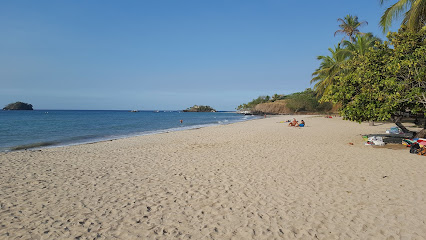
Aero Pizza
Discover Aero Pizza in Talatamaty: where every slice tells a story of Madagascar's rich flavors.
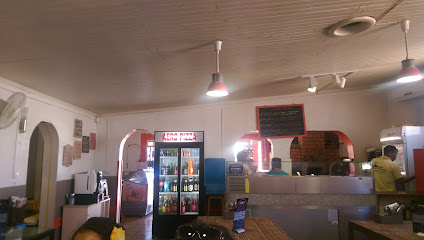
Grill du Rova
Discover authentic Malagasy cuisine at Grill du Rova in Antananarivo - a delightful dining experience awaits!
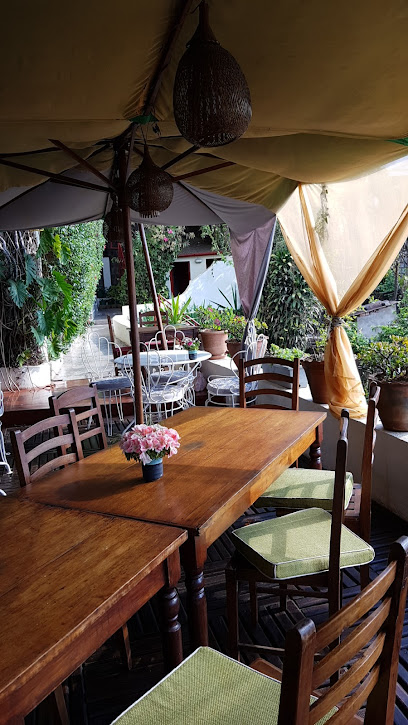
Albert et Lily
Discover exquisite Swiss-Malagasy cuisine at Albert et Lily, where culinary artistry meets stunning natural landscapes in Mantasoa.
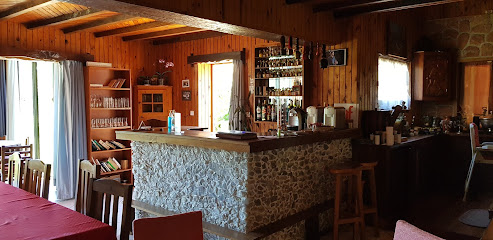
Masoala Forest Lodge
Discover unparalleled natural beauty and luxury at Masoala Forest Lodge in Madagascar's breathtaking rainforest.

Markets, malls and hidden boutiques
Analakely Market
Discover the vibrant Analakely Market in Antananarivo, a cultural gem filled with local crafts, delicious food, and authentic Malagasy experiences.
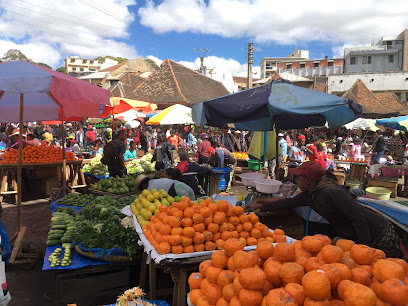
Lisy Art Gallery
Explore Madagascar's artistic heritage at Lisy Art Gallery, where creativity and culture converge in a vibrant showcase of local talent.
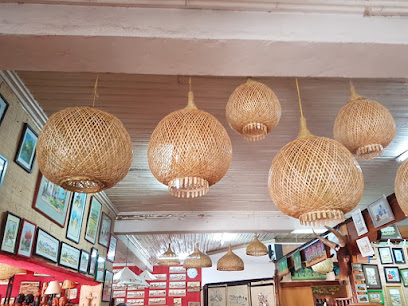
Akoor Digue
Discover the vibrant shopping and dining experience at Akor Digue, the premier shopping mall in Antananarivo, Madagascar.
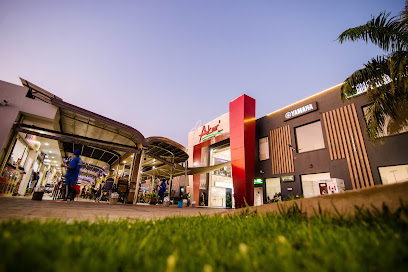
Masoala National Park
Explore Masoala National Park: A stunning blend of pristine rainforests, vibrant marine life, and unique wildlife in Madagascar's largest national park.
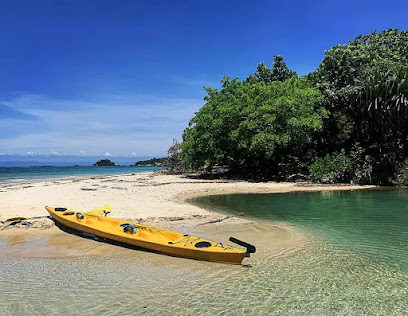
Masoala Forest Lodge
Experience the beauty of Madagascar at Masoala Forest Lodge, your gateway to adventure and tranquility in a stunning natural paradise.

Digue Market
Experience the vibrant culture and flavors of Madagascar at Digue Market, the ultimate shopping destination in Antananarivo.
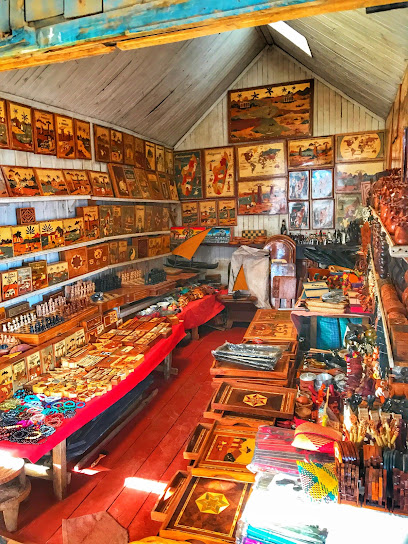
Akany Concept Store
Explore the vibrant Akany Concept Store for authentic Malagasy crafts and unique souvenirs in Antananarivo.
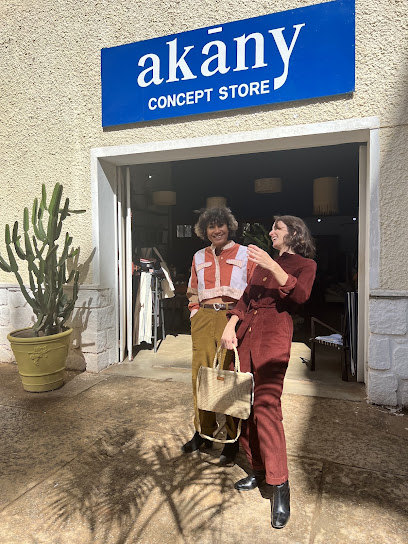
Boutique CAEL COM
Explore the charm of Madagascar through unique collectibles at Boutique CAEL COM in Maroantsetra.
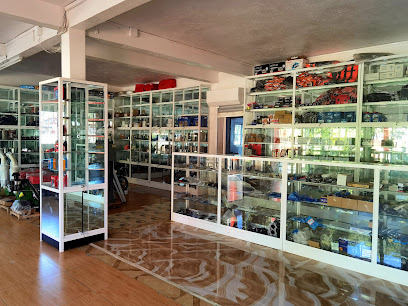
Tranombarotra Lemama Chez Hatim
Experience the heart of Madagascar at Tranombarotra Lemama Chez Hatim, a lively shopping mall filled with local crafts and delicious cuisine.

Epicerie Maman'i Nina
Explore the vibrant flavors of Madagascar at Epicerie Maman'i Nina, your go-to grocery store in Mananara Avaratra for local delicacies and artisanal treasures.

RAMAEX
Discover the heart of Madagascar at RAMAEX Shopping Mall, where shopping meets local culture in a vibrant setting.
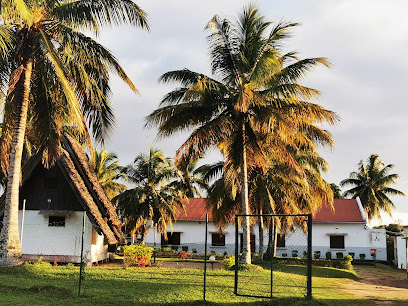
Point de Vente
Explore Point de Vente in Maroantsetra for an authentic shopping experience with local Malagasy products and vibrant cultural insights.

Agri Resources Madagascar
Discover the authentic taste of Madagascar at Agri Resources, your premier grocery store for local spices and culinary treasures.
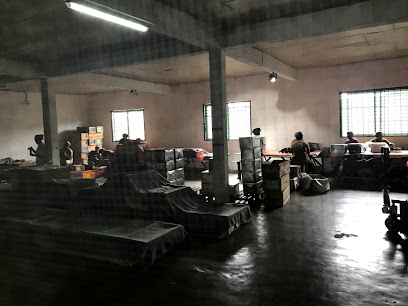
Market center
Discover the vibrant flavors and local culture at Antalaha's Market Center, a must-visit supermarket for every traveler.
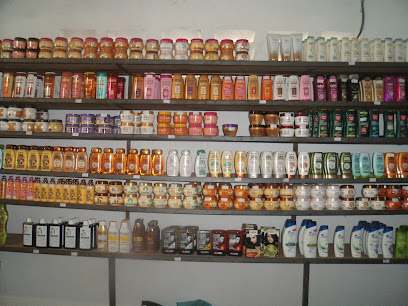
Coiffure DADA et boutique
Discover unique fashion at Coiffure DADA et boutique in Andapa, where local artistry meets contemporary style for an unforgettable shopping experience.

Essential bars & hidden hideouts
Madagascar Underground
Discover the lively fusion of flavors and culture at Madagascar Underground, a bar and hostel in the heart of Antananarivo.
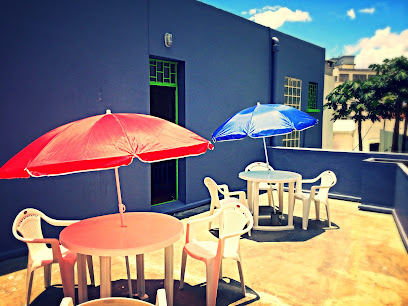
Chez Joice
Experience delightful family dining at Chez Joice in Antalaha, where local flavors meet international cuisine in a welcoming atmosphere.
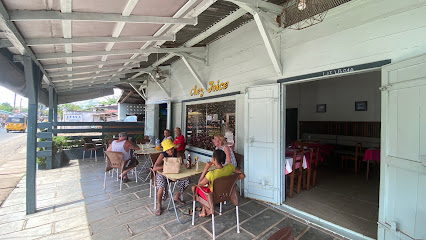
Masoala Forest Lodge
Discover the tranquility and adventure awaiting at Masoala Forest Lodge, an eco-friendly haven in Madagascar's pristine wilderness.

La paillote
Experience the vibrant spirit of Antalaha at La Paillote, a cozy bar perfect for relaxation and local culture.
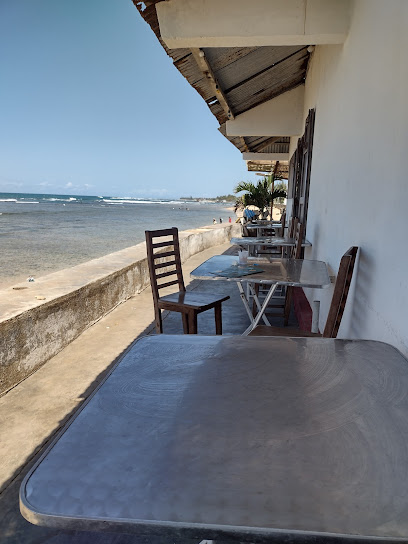
restaurant ambodimanga maro bar
Savor the rich flavors of Madagascar at Restaurant Ambodimanga Maro Bar, a must-visit culinary experience in Maroantsetra.
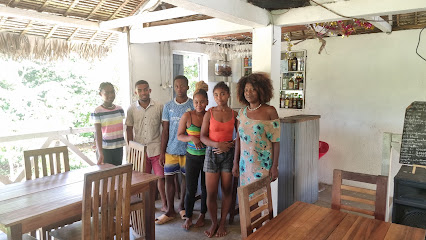
Rive Droite
Experience the vibrant flavors of Madagascar at Rive Droite in Maroantsetra, a must-visit restaurant for every traveler seeking authentic local cuisine.
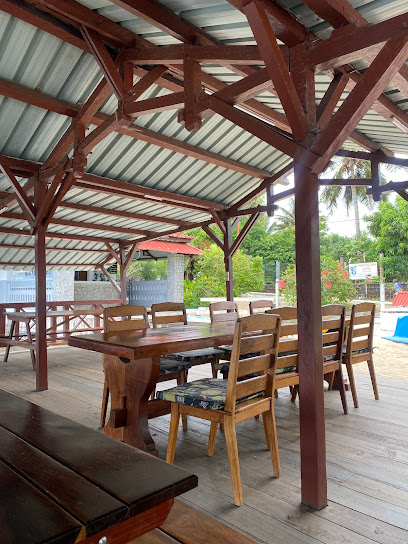
Cancun Resto-Bar
Savor the vibrant flavors of Madagascar at Cancun Resto-Bar in Antalaha, where culinary excellence meets a lively atmosphere.
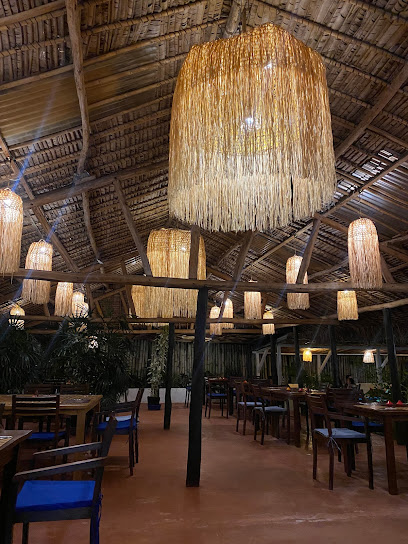
Le palmier
Discover Le Palmier, Antalaha's vibrant bar where local culture meets tropical relaxation, offering refreshing drinks and a welcoming atmosphere.

Chez Magnum
Discover the rich culinary flavors of Madagascar at Chez Magnum, a local gem in Maroantsetra offering fresh seafood and traditional dishes.
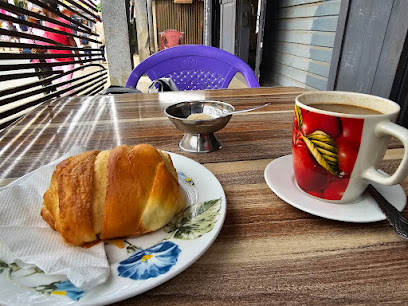
C'est la Vie
Experience the vibrant nightlife of Andapa at C'est la Vie, where local culture meets refreshing drinks and a lively atmosphere.
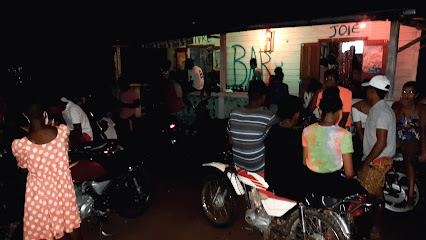
RESTAURANT AVIA MONA
Experience the authentic flavors of Madagascar at Restaurant Avia Mona in Maroantsetra, where every meal is a delightful culinary adventure.

barantsika chez lolory
Experience the vibrant culture and refreshing drinks at Barantsika chez Lolory, a must-visit bar in Mananara Avaratra, Madagascar.
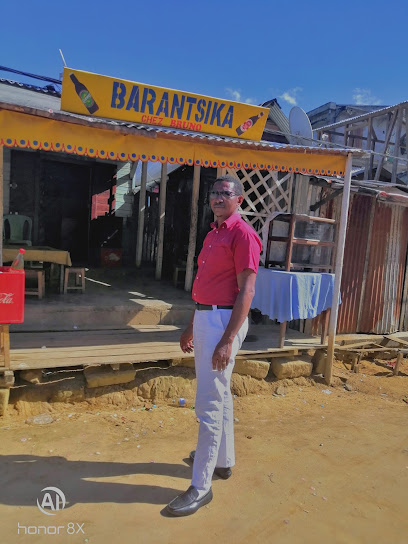
Kenway Grill
Experience the vibrant ambiance and exquisite drinks at Kenway Grill, a must-visit bar in Antalaha, Madagascar, that offers a taste of local culture.

La bouff Tsara 206
Experience the authentic taste of French cuisine in Antalaha, Madagascar at La Bouff Tsara, where culinary artistry meets local charm.

Local Phrases about Masoala National Park
-
- HelloSalama
[sah-lah-mah] - GoodbyeVeloma
[veh-loh-mah] - YesEny
[eh-ny] - NoTsia
[tsya] - Please/You're welcomeAzafady
[ah-zah-fah-dy] - Thank youMisaotra
[mee-sah-oo-tra] - Excuse me/SorryAzafady
[ah-zah-fah-dy] - How are you?Manao ahoana ianao?
[mah-nah-oh-nah ee-ah-nah-oh] - Fine. And you?Tsara. Ary ianao?
[tsah-rah ah-ree ee-ah-nah-oh] - Do you speak English?Miteny Anglisy ve ianao?
[mee-teh-ny ahng-lee-see veh ee-ah-nah-oh] - I don't understandTsy mahay
[tsy mah-hi]
- HelloSalama
-
- I'd like to see the menu, pleaseMila hitady ny menio, azafady
[mee-lah hee-tah-dy ny meh-nyoo ah-zah-fah-dy] - I don't eat meatTsy mihinam-bary aho
[tsy mee-hee-nahm-bah-ree ah-hoo] - Cheers!Santé!
[san-tay] - I would like to pay, pleaseMila mametraka, azafady
[mee-lah mah-meh-trah-kah ah-zah-fah-dy]
- I'd like to see the menu, pleaseMila hitady ny menio, azafady
-
- Help!Fanampiana!
[fah-nahm-pee-ah-nah] - Go away!Miala!
[mee-ah-lah] - Call the Police!Ampidirina ny polisy!
[ahm-pee-dee-ree-nah nee poh-lee-see] - Call a doctor!Ampidirina dokotera!
[ahm-pee-dee-ree-nah doh-koh-teh-rah] - I'm lostEfa nalosty aho
[eh-fah nah-loh-stee ah-hoo] - I'm illEfa marary aho
[eh-fah mah-rah-ree ah-hoo]
- Help!Fanampiana!
-
- I'd like to buy...Mila mivarotra...
[mee-lah mee-vah-roh-trah] - I'm just lookingIzaho dia mijery fotsiny
[ee-zah-hoo dyah mee-jer-ee foh-tsee-ny] - How much is it?Ohatra ny vidiny?
[oh-hah-trah nee vee-dee-ny] - That's too expensiveMahalala be izany
[mah-hah-lah-lah beh ee-zahn] - Can you lower the price?Afaka miditraha ny vidiny ve ianao?
[ah-fah-kah mee-dree-trah-hah nee vee-dee-ny veh ee-ah-nah-oh]
- I'd like to buy...Mila mivarotra...
-
- What time is it?Inona no ora?
[ee-noo-nah noh oh-rah] - It's one o'clockAzo atao iray ora
[ah-zoh ah-tah-oh ee-rahy oh-rah] - Half past (10)Efatra sy telo
[eh-fah-trah see teh-loh] - MorningMaraina
[mah-rah-ee-nah] - AfternoonAlina
[ah-lee-nah] - EveningHariva
[hah-ree-vah] - YesterdayOmaly
[oh-mah-lee] - TodayAnio
[ahn-yoo] - TomorrowRehefa
[reh-heh-fah] - 1Iray
[ee-rahy] - 2Roa
[roo] - 3Telo
[teh-loh] - 4Efatra
[eh-fah-trah] - 5Dimy
[dee-mee] - 6Enina
[eh-nee-nah] - 7Fito
[fee-too] - 8Valo
[vah-loh] - 9Sivy
[see-vy] - 10Folo
[foh-loh]
- What time is it?Inona no ora?
-
- Where's a/the...?Aiza ny...
[ah-ee-zah nee] - What's the address?Inona ny adiresy?
[ee-noo-nah nee ad-ee-reh-see] - Can you show me (on the map)?Ampianarina ve ianao (amin'ny sarintany)?
[ahm-pee-ah-nah-ree-nah veh ee-ah-nah-oh ah-meen-ny sah-reen-tahn] - When's the next (bus)?Aiza ny hafa (bus)?
[ah-ee-zah nee hah-fah (boos)] - A ticket (to ....)Fitsaboana (ho ...)
[feet-sah-boo-ah-nah (hoo)]
- Where's a/the...?Aiza ny...
History of Masoala National Park
-
Masoala National Park was established in 1997 as part of Madagascar's effort to conserve its unique biodiversity. It covers an expansive area of rainforest, coastal forest, and marine ecosystems, making it the largest park in Madagascar. The park was created in response to growing threats from deforestation, agricultural encroachment, and illegal logging.
-
Long before the establishment of the park, the Masoala Peninsula was inhabited by indigenous communities who relied on the land and sea for their livelihoods. These early settlers practiced slash-and-burn agriculture, hunting, and fishing. Evidence of their presence is found in the form of ancient tools and pottery shards scattered throughout the region.
-
During the French colonial period in the late 19th and early 20th centuries, the Masoala Peninsula saw increased exploitation of its natural resources. Colonial administrators established logging operations, which led to significant deforestation. The local communities were often forced to work in these industries under harsh conditions.
-
Following Madagascar's independence in 1960, there was a renewed focus on the conservation of the island's unique ecosystems. Various international organizations and local NGOs began working together to protect the Masoala Peninsula. This culminated in the creation of Masoala National Park in 1997, a milestone in Madagascar's conservation history.
-
In 2007, the Masoala National Park, along with other protected areas in Madagascar, was inscribed as a UNESCO World Heritage Site under the Rainforests of the Atsinanana designation. This recognition highlighted the global significance of the park's biodiversity and the urgent need for its protection.
-
The local communities living around Masoala National Park have a deep cultural connection to the land. They practice traditional rituals and ceremonies that honor the spirits of the forest and sea. These cultural practices are intertwined with the natural environment and play a crucial role in the sustainable management of the park's resources.
-
Despite its protected status, Masoala National Park faces ongoing challenges such as illegal logging, poaching, and the pressures of population growth. Conservation organizations continue to work with local communities to promote sustainable practices and develop alternative livelihoods that do not harm the environment. Ecotourism has also emerged as a vital tool in raising awareness and funding for conservation efforts.
Masoala National Park Essentials
-
Masoala National Park is located on the northeastern coast of Madagascar. The nearest major airport is in Antananarivo, the capital city. From Antananarivo, you can take a domestic flight to Maroantsetra or Antalaha. Once you arrive in either of these towns, you can take a boat to reach the park. The boat ride from Maroantsetra typically takes around 2 to 4 hours, depending on the weather and sea conditions.
-
Within Masoala National Park, the main modes of transportation are boats and walking. There are no roads within the park, so be prepared for a lot of hiking and boat rides. Local guides are available and highly recommended for navigating the park. For those staying in lodges or camps, transportation to and from the park is often included in the package.
-
The official currency in Madagascar is the Malagasy Ariary (MGA). Credit cards are not widely accepted in the rural areas and within the park, so it's essential to carry enough cash. ATMs are available in Antananarivo, Maroantsetra, and Antalaha, but it is advisable to withdraw sufficient cash before heading to the park. Lodges and guided tours often accept foreign currencies like USD or EUR.
-
Masoala National Park is generally safe for tourists, but standard travel precautions should be taken. Avoid displaying valuable items and always keep an eye on your belongings. While the park itself is safe, be cautious in the port towns of Maroantsetra and Antalaha, especially at night, as petty crimes targeting tourists can occur. Always follow the guidance of your local guide and stay on designated paths.
-
In case of an emergency, contact your local guide or lodge staff immediately. They are equipped to handle medical emergencies and can assist in contacting local authorities or arranging transport to the nearest medical facility. It is advisable to have travel insurance that covers medical evacuation. For minor health issues, carry a basic first-aid kit and any necessary medications, as pharmacies are scarce in the park.
-
Fashion: Do wear lightweight, breathable clothing and sturdy walking shoes for hiking. Don't wear flashy or revealing clothing. Religion: Do respect local customs and traditions, especially in villages near the park. Public Transport: Do be patient and courteous on boats and shared rides. Don't expect strict adherence to schedules. Greetings: Do greet locals with a smile and a polite 'Salama' (hello). Eating & Drinking: Do try local dishes and accept food offerings graciously. Don't waste food, as it is considered disrespectful.
-
To experience Masoala National Park like a local, spend time in the small coastal villages and interact with the local communities. Participate in traditional activities such as fishing or rice farming. Sample the local cuisine, including fresh seafood and tropical fruits. Engage with local guides who can offer insights into the park's unique biodiversity and cultural heritage. Don't miss the opportunity to visit the Nosy Mangabe Special Reserve, an island within the park known for its rare wildlife and historical significance.
Trending Landmarks in Masoala National Park
Nearby Cities to Masoala National Park
-
Things To Do in Nosy Be
-
Things To Do in Antsiranana
-
Things To Do in Diego Suarez
-
Things To Do in Mahajanga
-
Things To Do in Majunga
-
Things To Do in Andasibe
-
Things To Do in Antananarivo
-
Things To Do in Antsirabe
-
Things To Do in Bandrele
-
Things To Do in Chirongui
-
Things To Do in Dembeni
-
Things To Do in Mamoudzou
-
Things To Do in Koungou
-
Things To Do in Chiconi
-
Things To Do in Sada








